Master of Science in Neuroscience

学历文凭
Masters Degree

专业院系
Department of Biomedical & Pharmaceutical Sciences

开学时间

课程时长

课程学费

国际学生入学条件
Most recent transcript (unofficial)
Interest statement (a personal statement describing your interests in the program, general research interests, and future goals) Limit 1 page
Research project statement (a description of the project / project area you intend on pursuing for your MS degree) Limit 1 page
Letter of recommendation from your current research mentor
Letter of recommendation from a neuroscience course instructor other than your research mentor
For applicants whose native language is not English, the applicant must have a minimum TOEFL IBT (IBT Home Edition also accepted) 80, IELTS - 6.5
IDP—雅思考试联合主办方

雅思考试总分
6.5
- 雅思总分:6.5
- 托福网考总分:80
- 托福笔试总分:160
- 其他语言考试:Michigan English Test (MET) - 58
CRICOS代码:
申请截止日期: 请与IDP联系 以获取详细信息。
课程简介
相关申请
 预科
预科 奖学金
奖学金 实习机会
实习机会 在校学习
在校学习 跨境学习
跨境学习 校园授课-线上开始
校园授课-线上开始 在线/远程学习
在线/远程学习
开学时间&学费
学费信息仅供参考,请与IDP联系以获取详细信息
| 开学时间 | 时长 | 学费 | 地点 |
|---|
本校相关课程
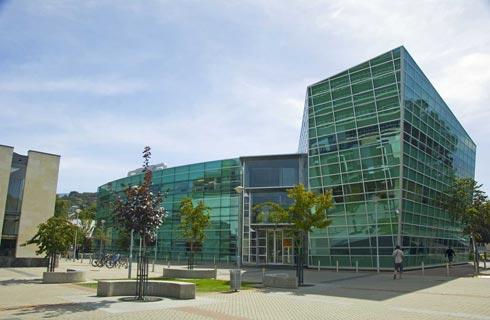
Bachelor of Arts in Communicative Sciences and Disorders
学历文凭
Bachelor Degree
开学日期
课程费用总额


Bachelor of Science in Environmental Science and Sustainability - Resource Conservation
学历文凭
Bachelor Degree
开学日期
课程费用总额

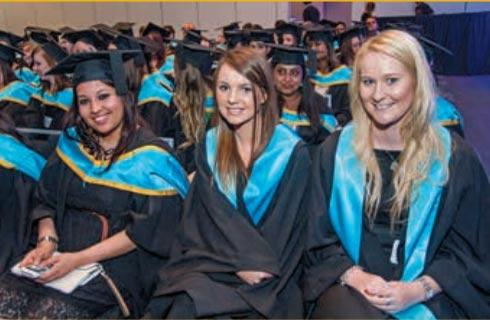
Bachelor of Arts in Russian
学历文凭
Bachelor Degree
开学日期
课程费用总额


Bachelor of Arts Social Work
学历文凭
Bachelor Degree
开学日期
课程费用总额


Bachelor of Arts in Sociology - Criminology
学历文凭
Bachelor Degree
开学日期
课程费用总额

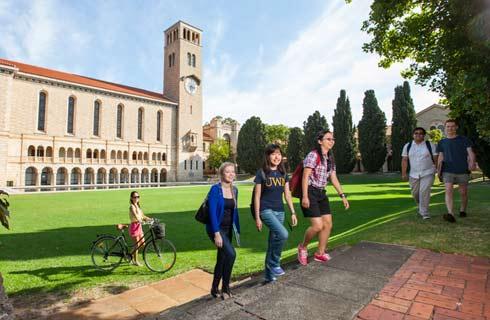
Bachelor of Arts in Spanish
学历文凭
Bachelor Degree
开学日期
课程费用总额

其他相关课程
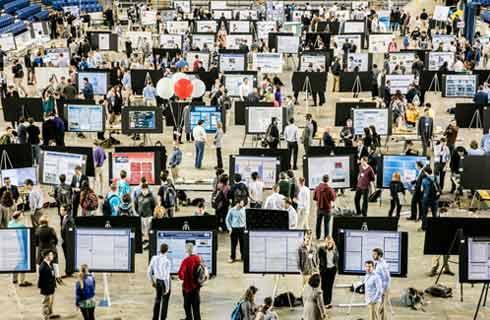
Master of Science in Neuroscience
 匹兹堡大学
匹兹堡大学学历文凭
Masters Degree
开学日期
课程费用总额

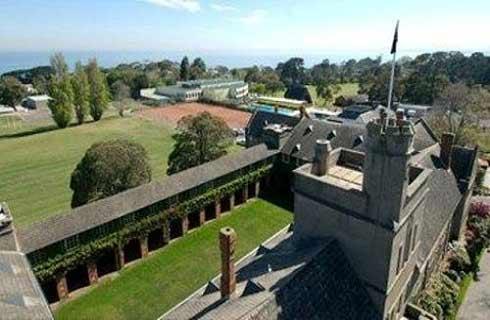
心理学文学硕士-认知和行为神经科学。
 乔治梅森大学
乔治梅森大学泰晤士高等教育世界大学排名:426
学历文凭
Masters Degree
开学日期
课程费用总额

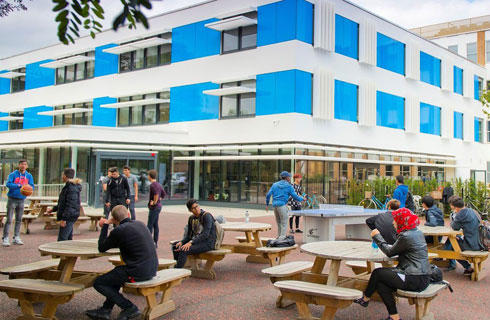
神经诊断技术艺术副学士
 贝尔维尤学院
贝尔维尤学院学历文凭
Associate Degree
开学日期
课程费用总额

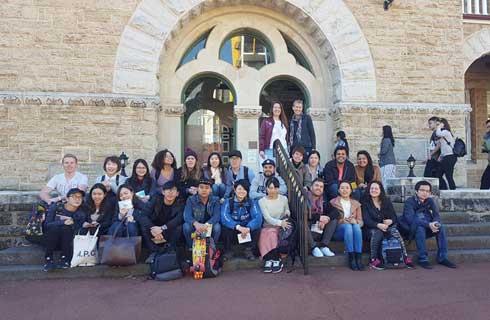
神经科学理学学士-Neuromotor(Honours)Co-Op
 布鲁克大学
布鲁克大学学历文凭
Bachelor Degree with Honours
开学日期
课程费用总额


Doctor of Philosophy in Neuroscience
 加州大学洛杉矶分校
加州大学洛杉矶分校泰晤士高等教育世界大学排名:19
学历文凭
Ph.D.
开学日期
课程费用总额

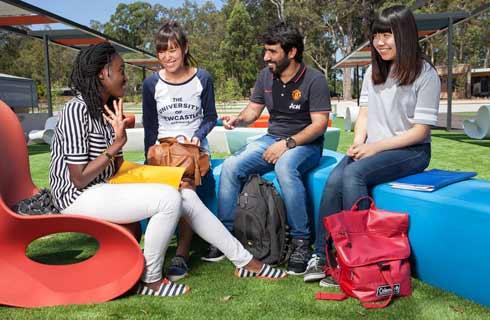
Bachelor of Arts in Neuroscience and Behavior (Premed)
 圣母大学
圣母大学泰晤士高等教育世界大学排名:194
学历文凭
Bachelor Degree
开学日期
课程费用总额











